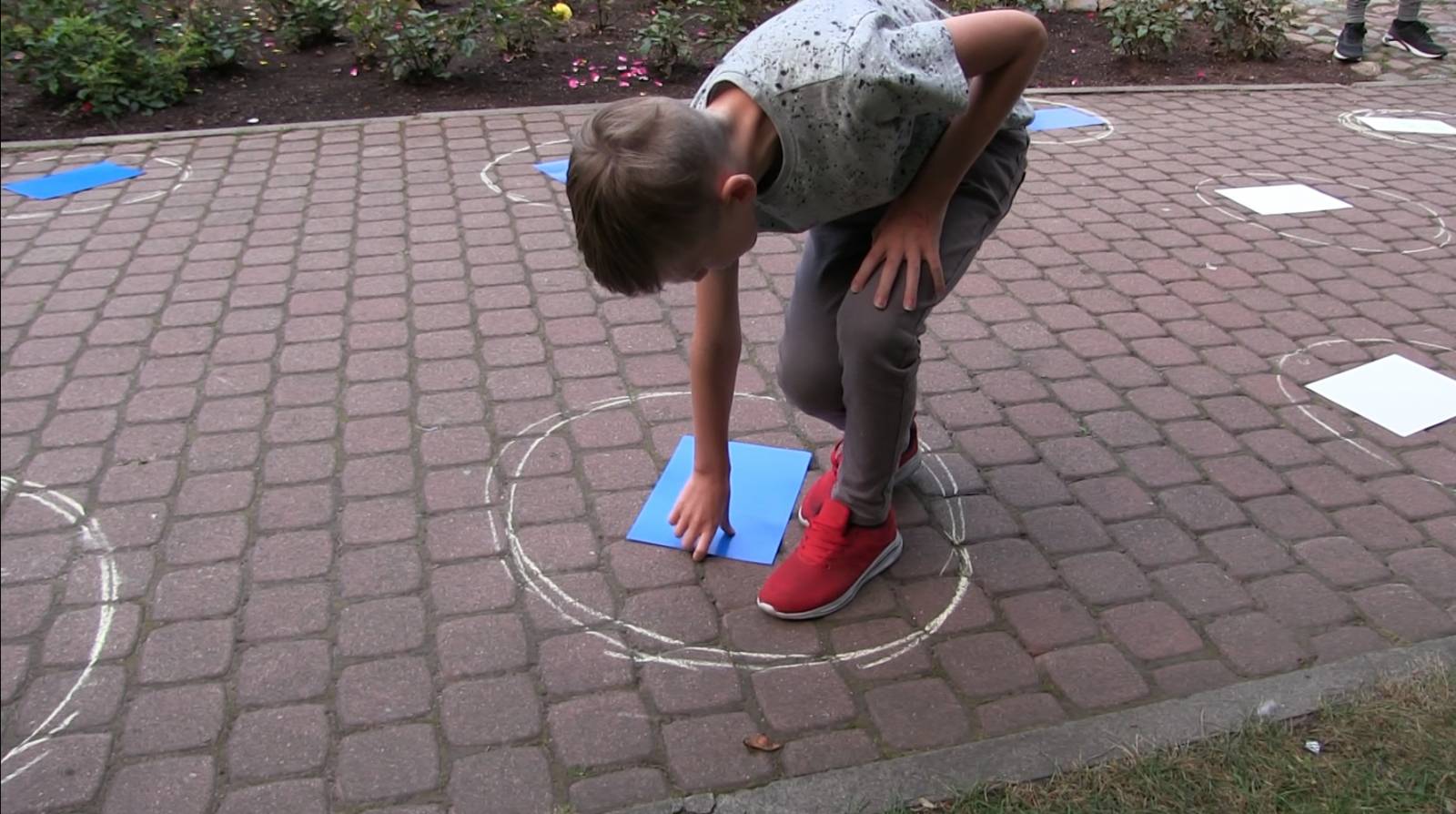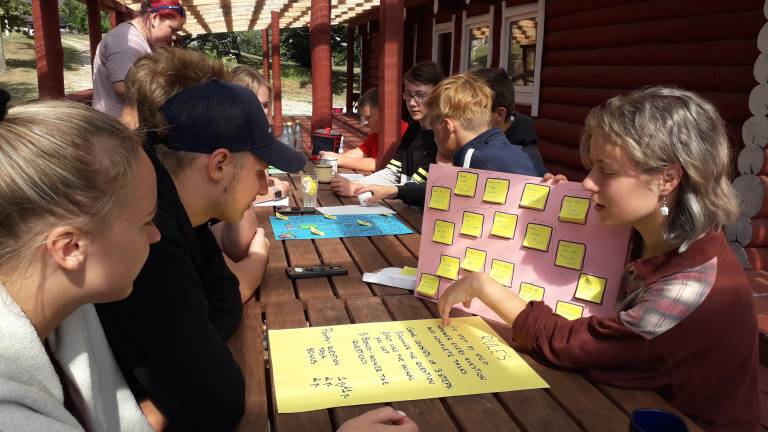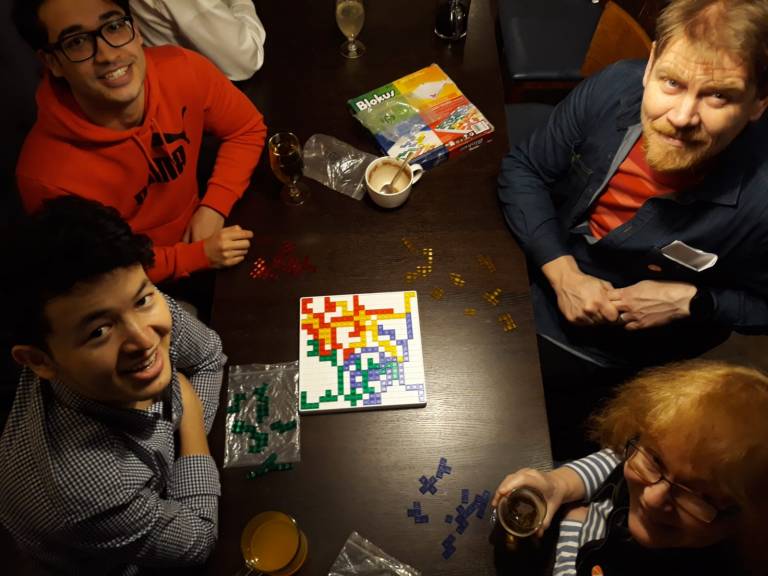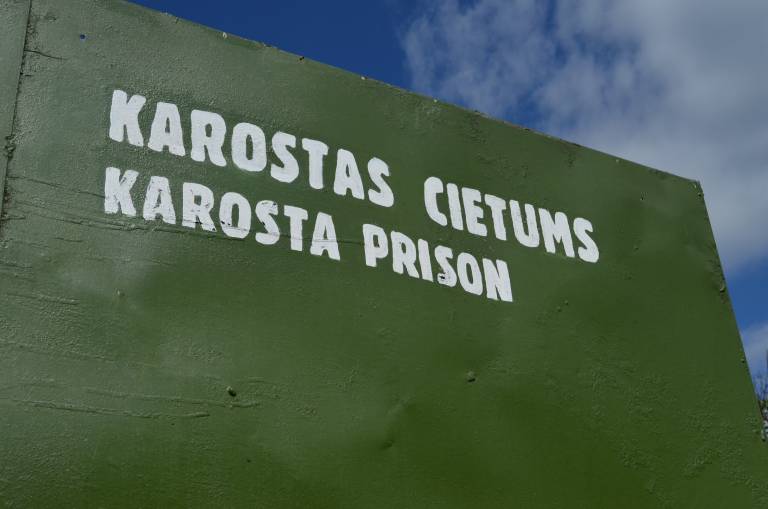Rules of Play: Game Design Fundamentals (The MIT Press) by Katie Salen Tekinbas (Author), Eric Zimmerman (Author) a fundamental book on gaming categorizes these activities into three categories, playful activities, lucid activity and game play.
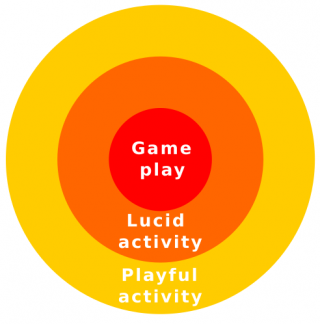
The level of personal freedom in the activity decreases and in the core (figure) the playful activity turns into a game, due to the rules that define what activities may be performed by the participants. Whereas game play and playful activity are easy to define, lucid activity would be something that do not have such fixed rules but is not completely open either. For instance role play would fall into this category due to it’s less fixed rules and lack of punishment and reward system.
In Mamyfu project steps were taken to move from the playful activity into game play. A presentation to pave the way for the Estonian intensive course can be found here: https://docs.google.com/presentation/d/1-QchcyEh8kVD0a38L1KRbXaOgCaPWaZcFppQr0DfsEQ/edit?usp=sharing
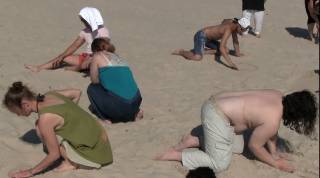
During the Latvian intensive course a lot of playful activities took place. The Liepaja beach provided an excellent playground, a neverending sandbox, for the playful activities and for the participants to test their creativity. In the picture, a sand portrait has been drawn on the sand.
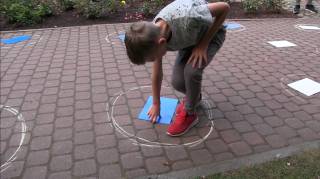
During the week the participants created different ideas for the main event. Picture shows a person playing covid game. A game in which snake and ladders type game play meets hopscotch. The game illustrated nicely the randomness of being infected with Covid-19. Punishment and reward system was also incorporated into the game play in the forms of game over and candies. The game turned out to be a success for the youngsters of Liepaja.


